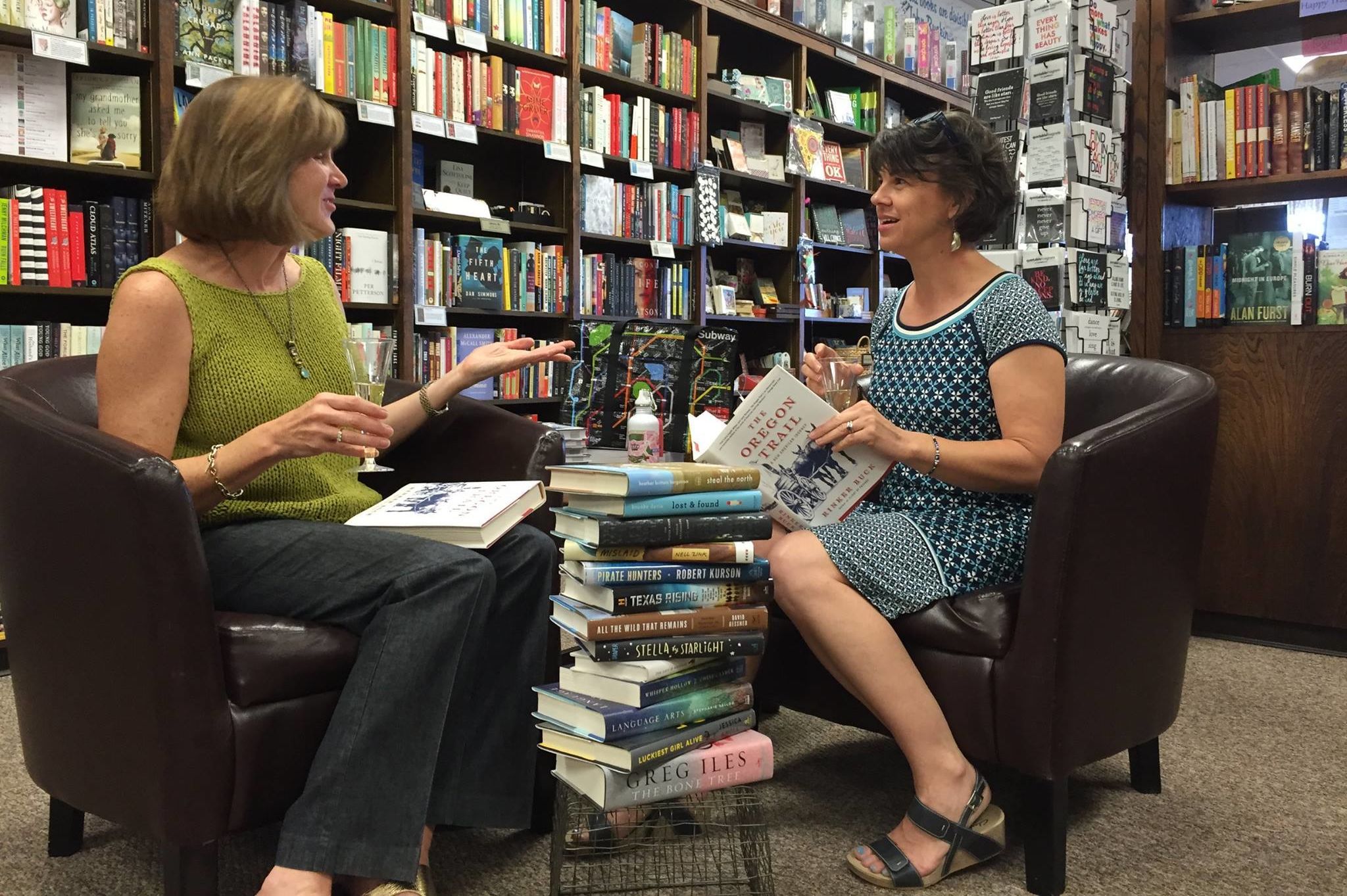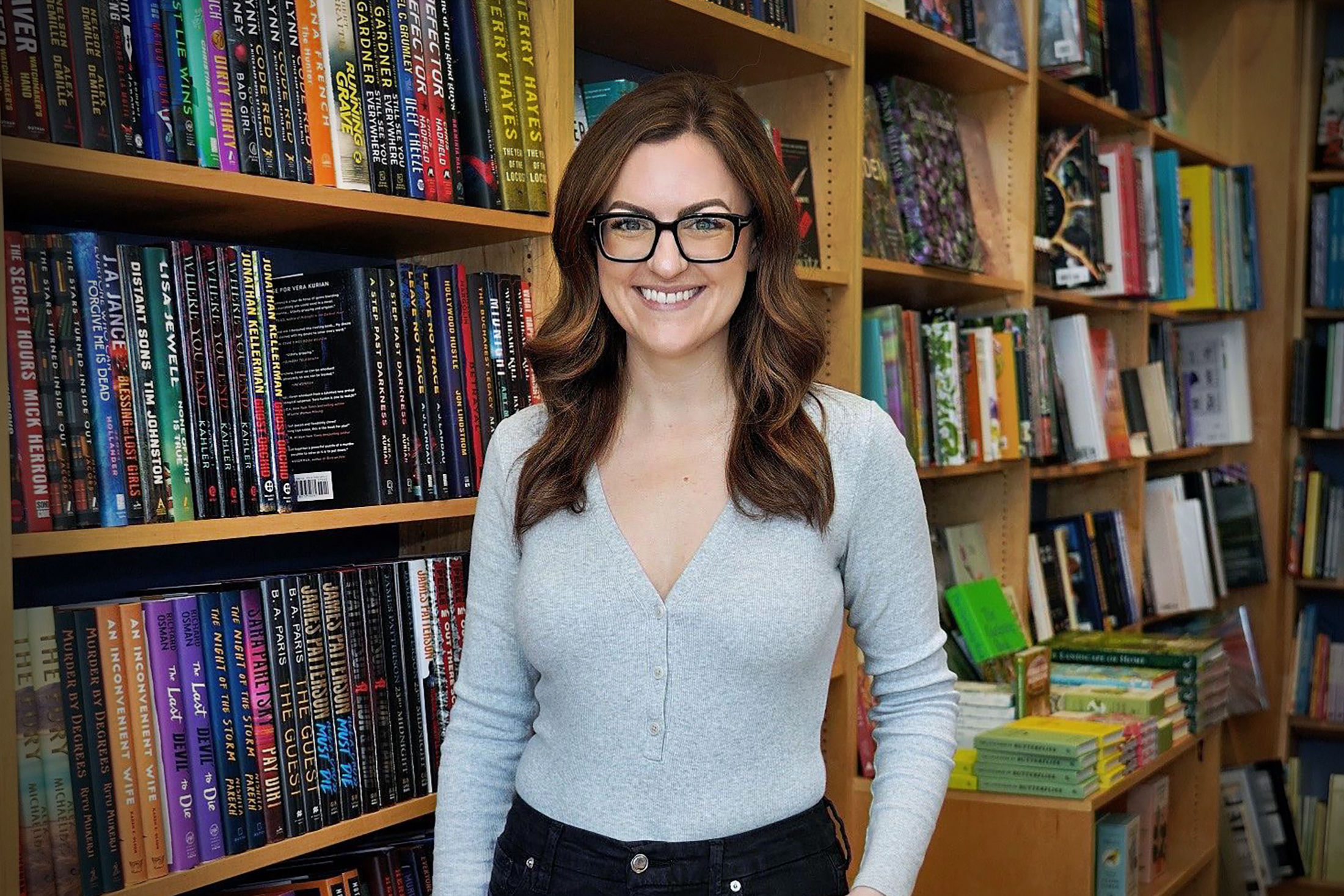Chitra Banerjee Divakaruni Has Led an Extraordinary Literary Life

Her plan was to become an English professor. But life had other ideas.
While Dr. Chitra Banerjee Divakaruni is, indeed, an English professor who teaches at the University of Houston’s acclaimed creative writing program, she is also a best-selling author, with more than 20 works of poetry and fiction to her credit. Her books have been translated into 29 languages. Young Indian women follow her on social media, where they treat her like a rock star.
“I hear from a lot of my readers in India and they say things like, ‘Reading about these women [in your books] really changed how I look at the world and made me aware of so many things that I am capable of doing, and even if society doesn’t encourage me, I’m going to go ahead and do it,’” she says. “That just makes me so happy and thankful, and it really isn’t anything I imagined or could even conceive of when I was writing the books.”
Divakaruni grew up in India, where her father had what she calls “one of those moving jobs.” Her family moved from city to city for his work, living in Kolkata, Mumbai, and Delhi. She also went to school for a while in Darjeeling, located in the Himalayas. She came to the United States in 1979 at age 19, following the completion of her bachelor’s degree at the University of Calcutta.
“I came first to Dayton, where my older brother was,” Divakaruni says. “So that there could be some supervision, which my parents said was necessary.”
She would go on to earn her master’s degree from Ohio’s Wright State University and her PhD from the University of California, Berkeley. While Divakaruni said that her childhood in India offered some level of diversity, it was nothing like what she encountered at Berkeley.
“I met so many different kinds of Americans that it just expanded my knowledge. You know, Ohio was wonderful, but in Berkeley I was exposed to cultures from all over the US and all over the world. There was a lot of intermingling of cultures and ideas,” she says. “And I think that really influenced me in terms of becoming more and more interested in depicting the immigrant life.”
One of the driving forces behind capturing her thoughts on paper was witnessing the challenges facing women in the Bay Area’s South Asian population. She’d started volunteering at a local women’s center that catered to victims of domestic or intimate partner abuse.
“I noticed that our women did not feel comfortable coming to a mainstream shelter,” she says. “Many of them did not speak English. Their food habits were different; their worship habits were different. They did not feel comfortable coming to a mainstream shelter where they would just feel very out of place. With a group of like-minded women, I cofounded an organization called Maitri, the first organization of that kind on the West Coast for South Asian survivors of violence.”

Becoming an intermediary for these women, helping them find resources and shelter, often just talking with them to help them not feel alone led Divakaruni to start expanding her writing career. She wrote short pieces and scenes, then poetry. Some of her poems were picked up for publication in magazines and collections, such as The New Yorker, Calyx, Indiana Review, Threepenny Review, and Chicago Review.
Divakaruni also began taking a writing class in the Bay Area, where the teacher told her that he liked her work. He felt she was writing from a unique perspective and introduced her to his agent. The agent took her manuscript of short stories to New York, which was subsequently published as Arranged Marriage, a collection exploring concepts of womanhood, the immigration experience, and the blending of Indian and American culture.
It went on to become a bestseller, also winning an American Book Award, a PEN Oakland Josephine Miles Literary Award, and a Bay Area Book Reviewers Award in 1996.
“All of that was wonderful,” says Divakaruni. “But winning the American Book Award really kind of pushed my reputation forward and also made me feel that this is something I wanted to do, so I started writing more—and more seriously.”
She was teaching at Foothill College in the Bay Area when Arranged Marriage was published, and shortly after, in 1998, her husband was offered a job with Shell. The couple moved to Houston, and Divakaruni called the University of Houston’s Creative Writing Program asking for a position.
“It was very serendipitous, because Philip Levine, the wonderful poet, was teaching at that time, and he had known my work. When he heard that I was looking for a job, he recommended me to the creative writing program,” she says.
She’s been teaching there ever since. Divakaruni also never stopped writing. Her work spans poetry, contemporary women’s fiction, young adult, and historical fiction. Her 1997 novel The Mistress of Spices was made into a movie in 2005. The screenplay was written by Gurinder Kaur Chadha, who also wrote and directed Bend It Like Beckham. She re-examined Indian myths and centered them on a female perspective in her novels The Palace of Illusions and The Forest of Enchantments, and captured the sweeping history and effects of partition and India’s independence in Independence. That novel, too, won a 2024 American Book Award.
“It’s always been a passion of mine to give women their own voice,” she says. “And with Independence, it’s a novel of probably the most important national story in India. Hindus and Muslims, rich and poor, educated and illiterate, everyone came together for this. I wanted to show that because I think we’re living right now in such a divided world where, in this country as well as India, groups are turning against each other.”
Building community and helping others fully use their talents is something Divakaruni stresses in her classes. She’s proud of UH’s creative writing program and loves that it’s received so much support from the city and local literary organizations like Inprint.
“I love my students,” she says. “I keep in touch with them over decades. I have students who send me wedding invitations and baby pictures and tell me when they’ve published a book. And I certainly learn from my students, because they are reading things that are different from what I’m reading. I think that creates a very nice atmosphere.”
When Divakaruni isn’t teaching or writing, she’s spending time with her sons; one lives in Houston and the other in Austin. Both were raised here. She’s also continued to work with entities that assist others, including the Houston Food Bank and Akshaya Patra, an organization in India that feeds schoolchildren. She sits on the advisory board of Daya, a Houston organization that offers assistance and resources for those experiencing domestic and intimate partner violence. And then there is the Jaipur Literary Festival, one of the largest of its kind in the world. Over the years, it’s expanded into other cities around the globe. Divakaruni is part of why the Bayou City hosts JLF Houston every September, bringing together writers and thinkers for a day of events at Asia Society Texas.
She keeps moving forward as a writer, too, and is currently working in the speculative fiction genre, loosely defined as stories that take place beyond our known world. Divakaruni enjoyed and was influenced by novels such as Colson Whitehead’s Underground Railroad, which revisits history through an imaginative lens, and Naomi Novik’s Spinning Silver, which takes a story set in an ancient magical world and weaves in themes like the roles of women and minorities, and the violence visited upon both. Reading them fueled her desire to write a novel taking on similar challenges.
“I’m very interested in placing it in an Indian context,” Divakaruni says. “And as with all of my books, there will be a strong and complicated woman—actually, at least two of them—at its center.”




